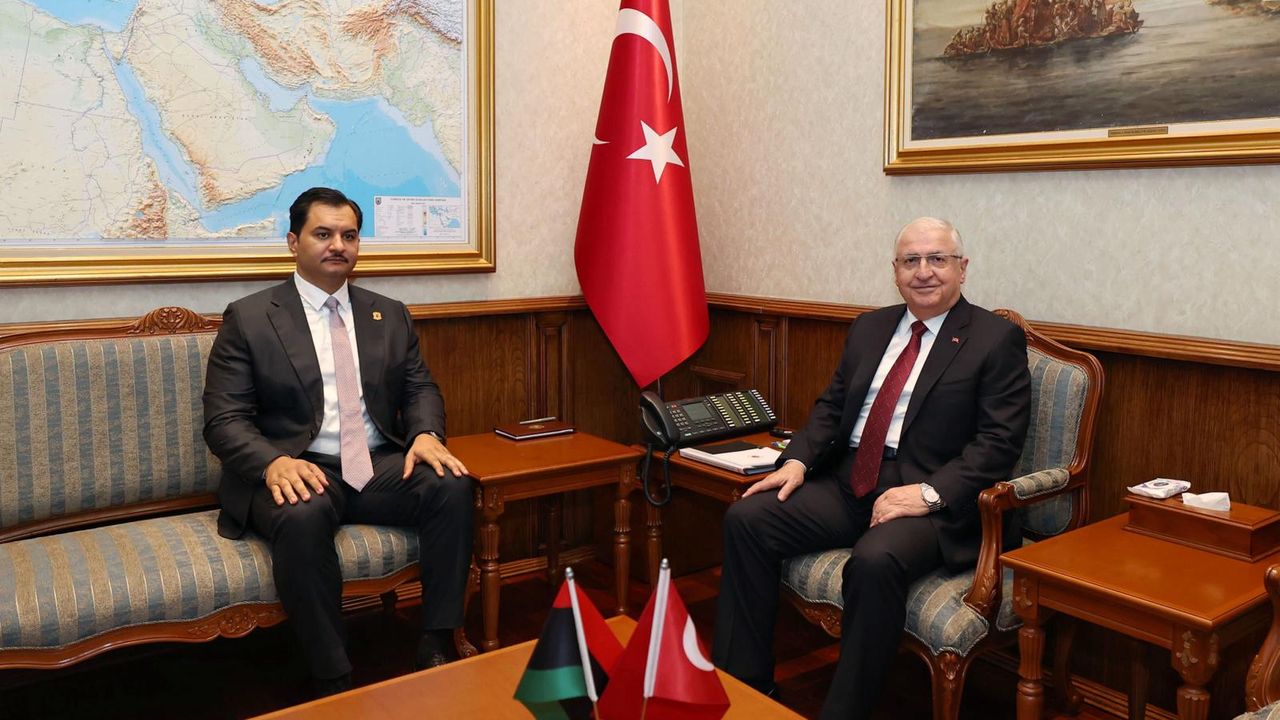Online Critics Face Consequences in Tunisia Over Criticism

Tunisia has said that it intends to prosecute those who have criticised government officials on social media platforms.
The North African country’s Ministries of Justice, Interior and Technology stated on August 23, that measures have been set out to unmask the identity of internet users who criticise government officials, including the sharing of posts scrutinising officials and the President, as well as those who pump out “fake news, data and rumours”, according to Emirati news outlet, The National News, August 24.
In neighbouring Morocco, similar “crackdowns” on speech have been present and journalists and ordinary Moroccans have faced jail time for criticism of the government and monarchy.
READ: Morocco rights group says govt cracking down on internet users
Morocco’s King, Mohammed VI, has notably been on the receiving end of criticism as many see him as normalising ties with Israel, a move that has angered Moroccans as they continue to strongly support the rights of Palestinians who face continuing oppression by an increasingly right-wing Israeli government.
Tunisia’s President, Kais Saied claimed that those who post and share criticism on social media sites are, “creating chaos and destabilising the country”. The remarks were made during August 23’s cabinet meeting at the Carthage Palace, situated 15 kilometres away from the capital city, Tunis.
Saied added on the Presidency Facebook page that, “Defamation and threat campaigns occur in many cases to target a specific party or people with (specific official) positions”
Those who have been found to use social media networks to publish and promote misleading information which “harms” and national defence could potentially face a prison sentence of up to five years as well as a fine of 50,000 Tunisian Dinars (around 14,962 Euros).
President Saied is seemingly using these measures in an attempt to restrict scrutiny directed at him and his government, especially now as the country is suffering from economic and social crisises which many argue is the reason behind Tunisia’s first female Prime Minister, Najla Bouden’s sacking earlier this month.
READ: Bread and Circuses: Tunisia’s continuing struggle with shortages
August of this year has seen a wave of Tunisians protesting as many bakeries have been forced to shut down as the North African country continues to struggle with wheat shortages and many accusing Mr Saied for his poor reaction to this particular issue.
THE NATIONAL
Want to chase the pulse of North Africa?
Subscribe to receive our FREE weekly PDF magazine













